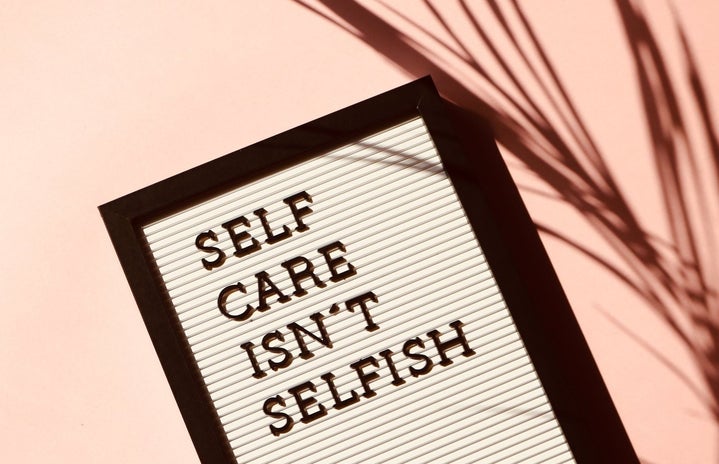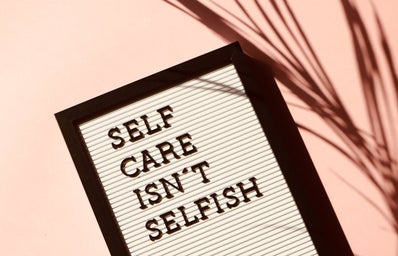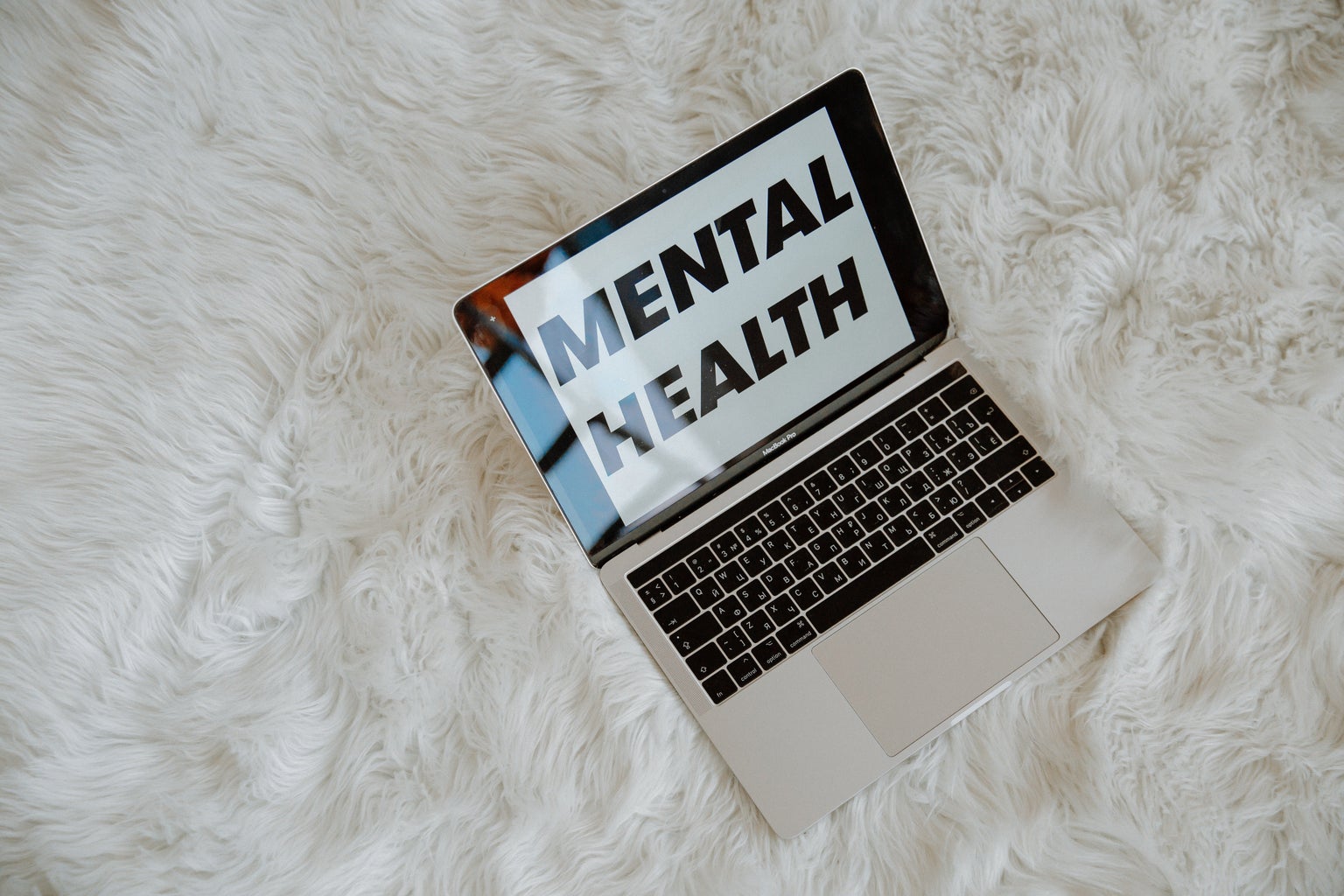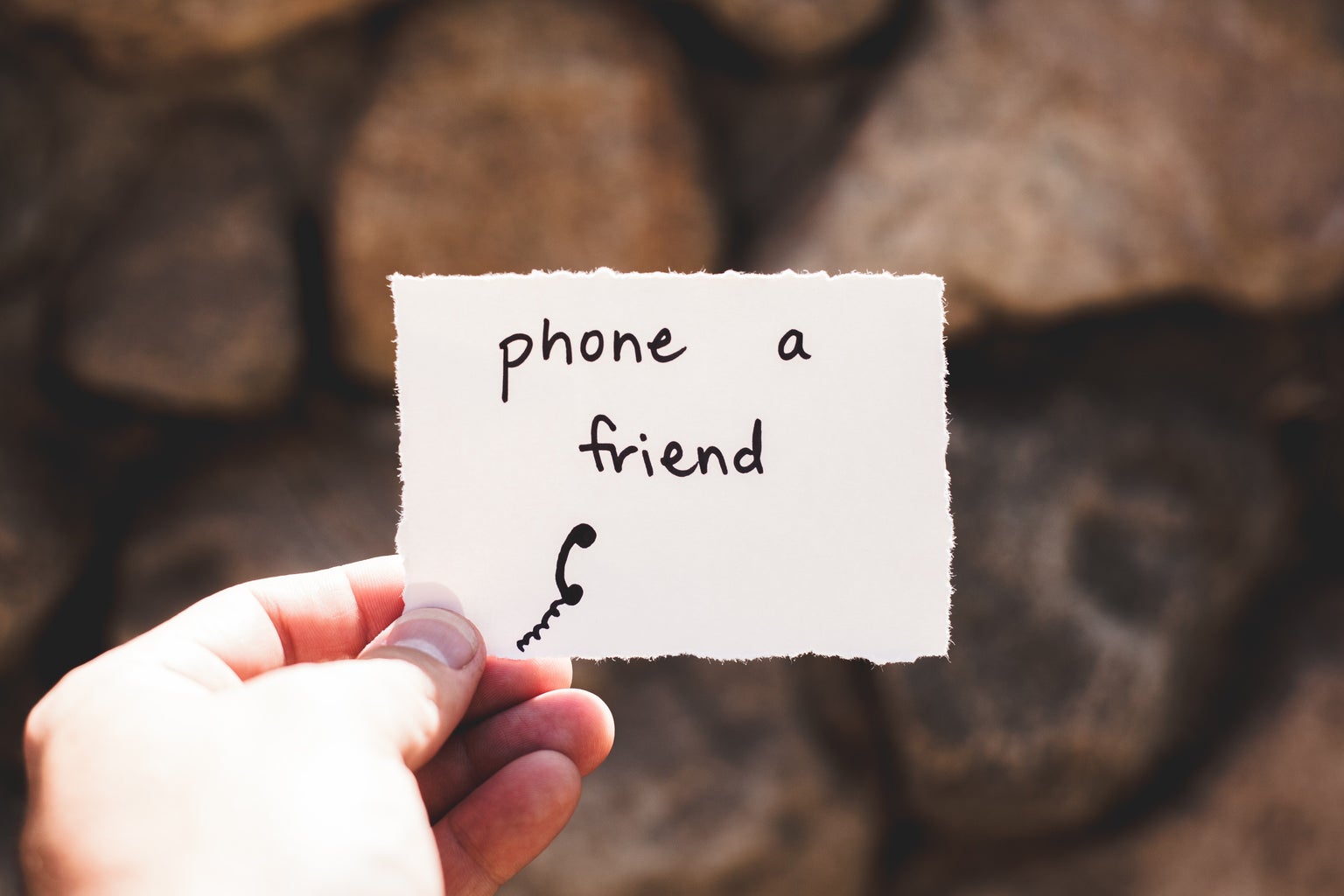I wanted to write about my experience with therapy, and how I have grown from this experience. I find it important to create an open dialogue for discussion around mental health. For a long time, I didn’t think I needed therapy because I was always self-sufficient and able to solve problems on my own. I felt that the world we live in embodied the “every man for himself” mindset, where we are responsible for taking care of ourselves and not relying on others to help.
Mental health services like therapy, are highly stigmatized, despite the buzz that circulates. According to the Therapy Group of DC, one stigma is that therapy is a sign of weakness, because it implies that people fail to manage their lives. On the contrary, therapy is a sign of strength that “involves recognizing a need, confronting personal challenges, and proactively seeking change.” I felt that starting therapy was a sign of weakness because in my own mind, I was succumbing to allowing a stranger to hear all of my problems I have endured throughout my life. And I had a push-pull mindset where I was afraid of letting my guard down; because once I did that, I would have no choice but to sit with my emotions that I have tried to bury for some time. Not because I wasn’t dealing with them, but because I would have to relive situations that made me upset, and I had trouble coming to terms with feeling the feelings that made me upset.
Mental health awareness is more mainstream as a result of the Covid-19 Pandemic, where mental health services became more accessible and enabled people to openly and publicly express their mental health issues. For me, I started therapy around three years ago, and have grown more comfortable with facing issues that I was once scared to openly discuss. Therapy taught me that it is okay to not be okay. The entire point of therapy is to work through issues, rather than move around them. And this doesn’t just happen overnight either. Emotions come and go in waves, and some days are harder than others. I have only had experience with therapy on Facetime, rather than in-person visits. As a college student, online therapy is very convenient, especially being an out-of-state student. However, I feel that I could benefit from in-person therapy, because I would be in the same room as the therapist, and there is more of a human connection formed throughout the session as opposed to a phone screen.
Another common misconception the article mentions is that we are fearful of being judged by the therapist for our issues. To help combat this stigma, “sharing personal experiences, reading about others’ therapy journeys, or even consuming media that portrays therapy in a positive light can help change societal perspectives.” From personal experience, I found that my fear is rooted in not allowing myself to accept the issue; if I don’t come to terms with an issue, then there will be a fear of communicating this to my therapist.
Therapy is an outlet that I use to allow a trained-professional to help solve my problems. It’s similar to a plumbing problem – if you can’t fix it yourself, would you continue to allow your sink to leak? Or would you call a plumber to help resolve the issue? It’s the same concept, but it can be more challenging to face issues within ourselves rather than situations such as plumbing. This is why therapy is so important, because we all need someone to talk to. Life doesn’t have to be spent figuring out everything by yourself. From personal experience, I often feel a weight lifted from my shoulders because I am no longer carrying my stress internally, and I find comfort in knowing that someone else can help me.
I hope this article sparks a new perspective on mental health and therapeutic services, shedding a positive light on self-help, rather than diminishing its importance. I have grown and am continuing to grow through my therapy journey, and it is never too late to start!
Can’t get enough of HC UMass Amherst? Be sure to follow us on Instagram, listen to us on Spotify, like us on Facebook, and read our latest Tweets!




